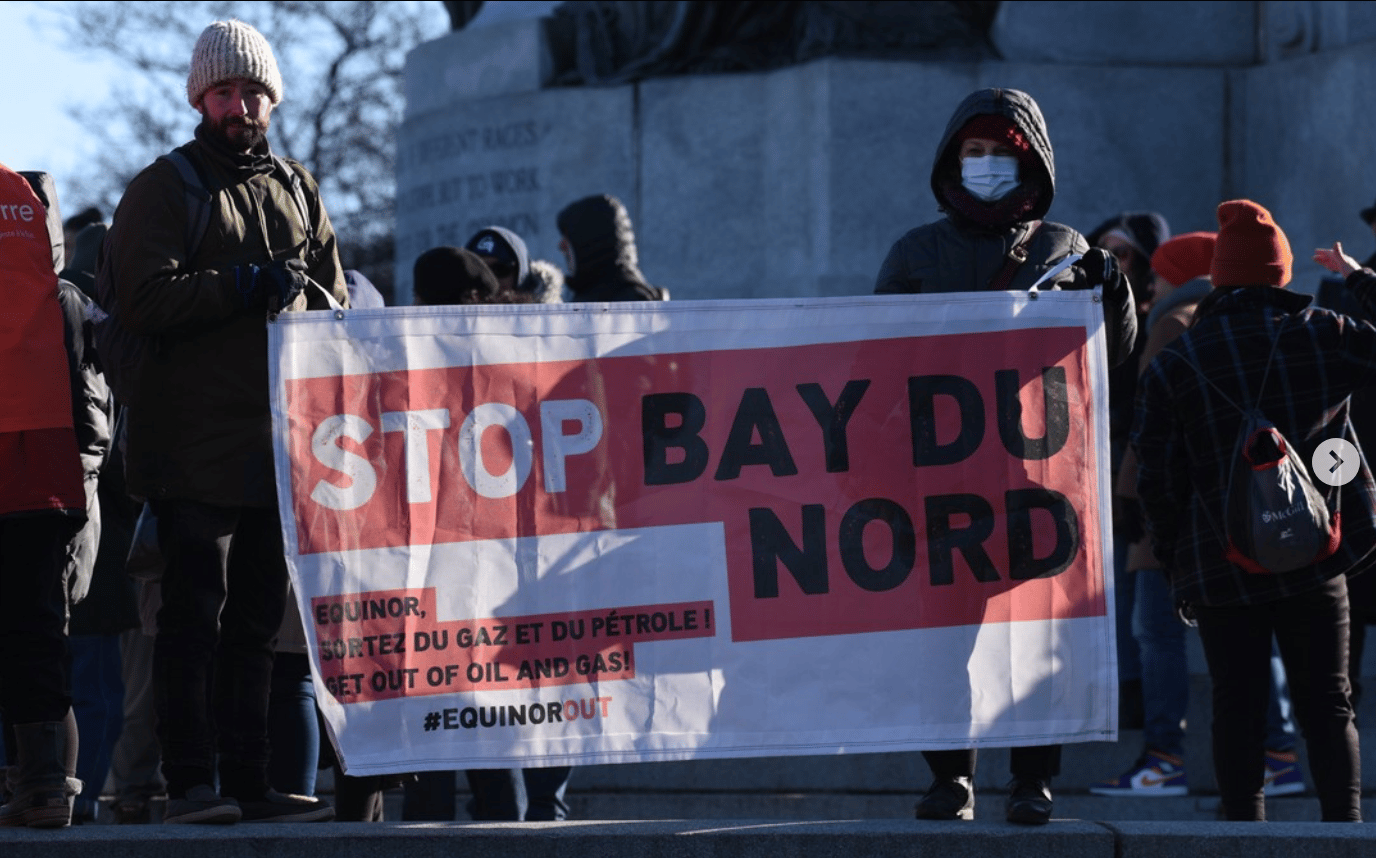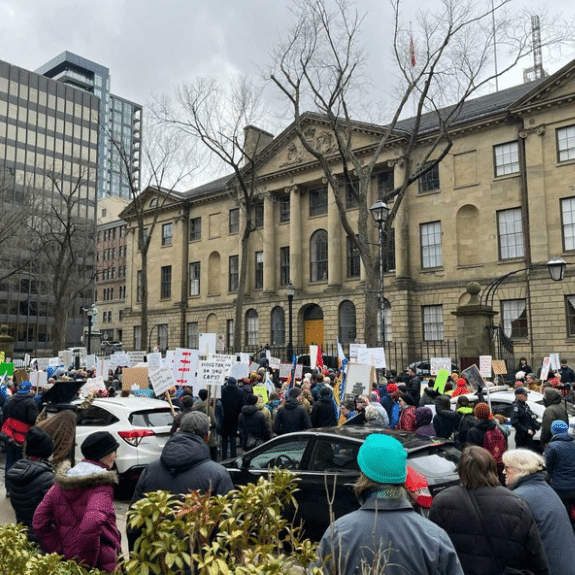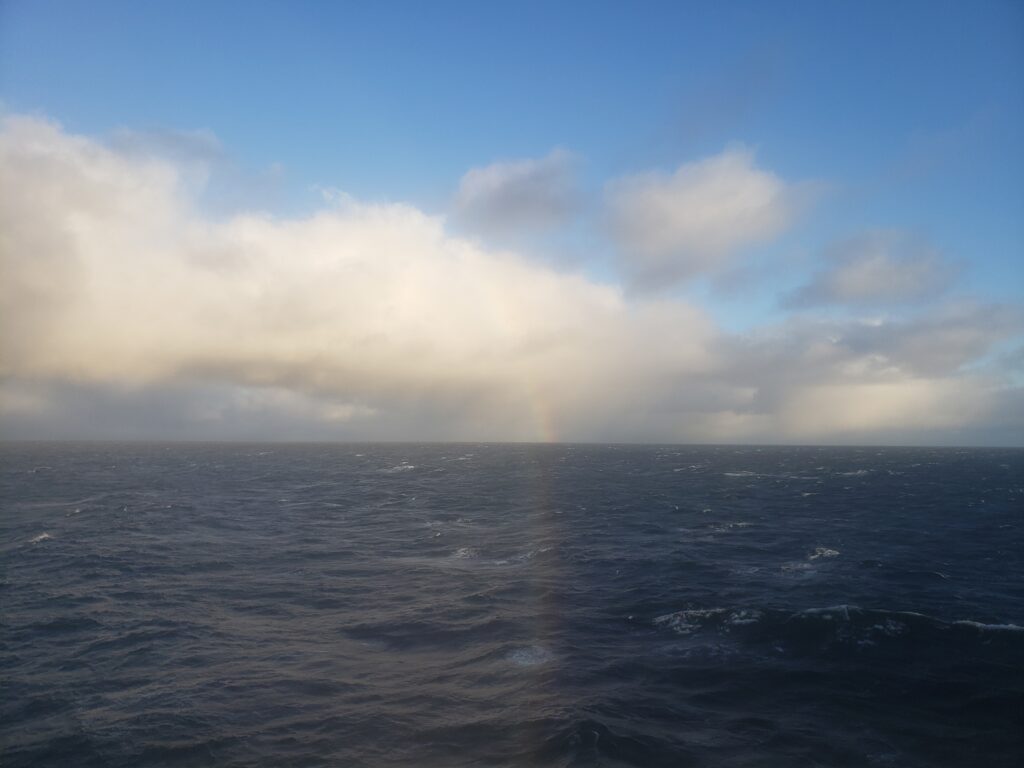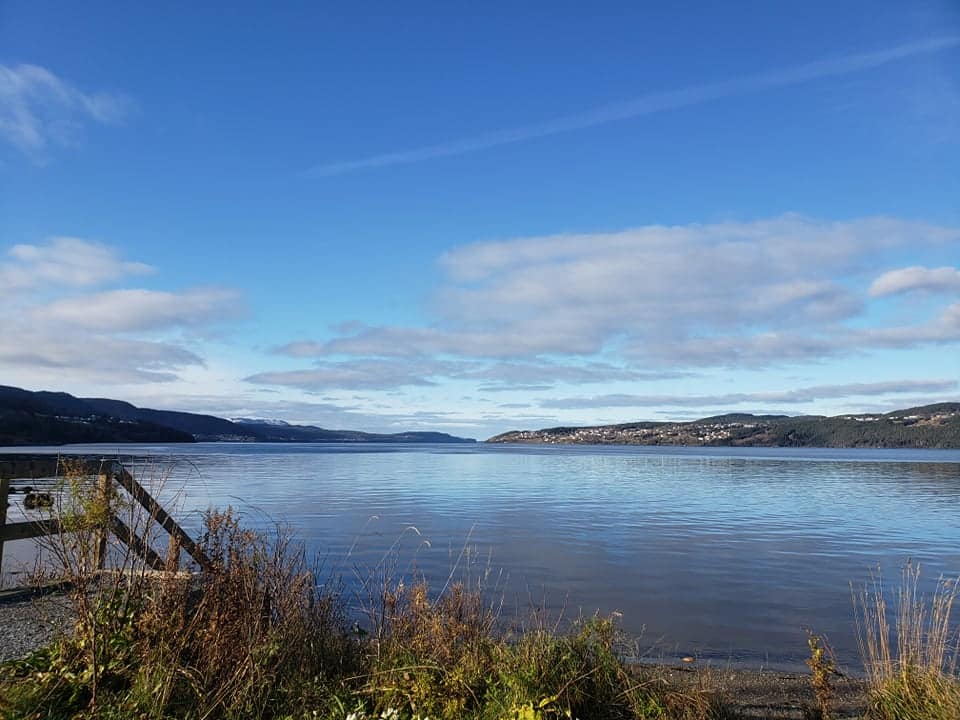
Programs – Atlantic

Sierra Club Atlantic is a vibrant grassroots organization that helps empower people to protect, restore, and enjoy a healthy safe planet.
About Atlantic Chapter
Sierra Club Canada’s Actions Against Fracking in New Brunswick and Nova Scotia
Fracking threatens human health, safe drinking water and progress made to combat climate change by lowering harmful emissions.
Beyond Coal
The Beyond Coal Atlantic project launched in December 2020 with an ambitious goal: to get Atlantic Canada off coal and biomass energy as quickly as possible and transition to clean renewable energy.
Find out more about Sierra Club Atlantic Canada’s beyond coal campaign.
Beyond Climate Promises and Energy Democracy
Energy democracy empowers ordinary citizens to participate in the energy decisions that affect their daily lives.
Currently, most of us don’t have any say when it comes to how the electricity we use is generated. In Atlantic Canada, not enough is being done to phase out fossil fuels. At the same time that elected leaders are pledging to reduce our greenhouse gas emissions, they’re dragging their heels on the shutdown of coal or promoting offshore oil and gas, natural (fracked) gas, and—more recently—small modular nuclear reactors.
The big power corp executives and lobbyists have a seat at the table with government and wield considerable influence; members of the public are led to believe they, too, have agency, through a form of political theatre known as “public consultation.”
Find out more at our Atlantic Chapter’s Beyond Climate Promises website.
Equinor and Bay du Nord
Sierra Club Canada’s National Branch, in collaboration with our Atlantic Chapter are fighting back against offshore oil. Our court case against the approval of Equinor’s Bay du Nord oil project was recently listed as one of the top environmental court cases to watch this year by both Radio-Canada and the Vancouver Sun. Meanwhile we are calling for an immediate rejection of a new oil project, five times the size of Bay du Nord, at Cape Freels, and were quoted recently in the National Observer and VOCM News.
Find out more about this campaign and watch a recent webinar on how Equinor’s global oil projects threaten ocean’s below. As part of COP15, Sierra Club Canada, Équiterre and the Council of Canadians held this webinar to provide a platform for various speakers from international NGOs discuss the risks to marine ecosystems from Equinor’s oil projects and how, by various means, we can prevent these from seeing the light of day.
Webinars on Renewable Energy in Atlantic Canada

100% Clean Renewable Energy, Part 1 – Nova Scotia
There is a lot that Atlantic Canada can do to not only reach “net-zero” but “absolute zero” long before 2050. Absolute zero is a term we at Sierra Club Canada are using to categorize an electricity grid that is powered by 100% renewable, non-emitting sources of electricity. That means provinces don’t get to drill oil and then plant trees in order to call it “net-zero”.

100% Clean Renewable Energy, Part 2 – Newfoundland and Labrador
There is a lot that Atlantic Canada can do to not only reach “net-zero” but “absolute zero” long before 2050. Absolute zero is a term we at Sierra Club Canada are using to categorize an electricity grid that is powered by 100% renewable, non-emitting sources of electricity. That means provinces don’t get to drill oil and then plant trees in order to call it “net-zero”.

100% Clean Renewable Energy, Part 3 – New Brunswick and Prince Edward Island
There is a lot that Atlantic Canada can do to not only reach “net-zero” but “absolute zero” long before 2050. Absolute zero is a term we at Sierra Club Canada are using to categorize an electricity grid that is powered by 100% renewable, non-emitting sources of electricity. That means provinces don’t get to drill oil and then plant trees in order to call it “net-zero”.
